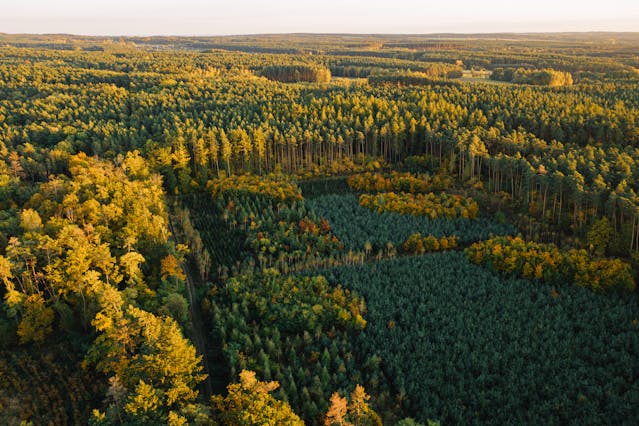In an era defined by escalating environmental crises, the simple act of planting trees emerges as a beacon of hope amidst uncertainty. The urgency of climate change and the rampant degradation of ecosystems underscore the critical need for effective solutions. Enter tree planting – a powerful strategy that offers multifaceted benefits for our planet’s health and resilience.
A Vital Strategy for Environmental Restoration
As temperatures rise and natural habitats diminish, the significance of tree planting cannot be overstated. It stands as a crucial pillar in the broader framework of environmental conservation, offering a tangible way to combat the myriad challenges we face. From mitigating climate change to preserving biodiversity, trees serve as guardians of the planet’s well-being.
Combatting Climate Change Through Carbon Sequestration
One of the most pressing environmental issues of our time is the alarming increase in greenhouse gas emissions, particularly carbon dioxide. Here, trees emerge as natural allies, adept at absorbing and storing carbon through the process of photosynthesis. By harnessing this ability on a large scale through reforestation efforts, we can significantly reduce the concentration of atmospheric CO2, thus mitigating the impacts of climate change.
Enhancing Biodiversity and Ecosystem Resilience
Beyond their role in carbon sequestration, trees play a pivotal role in supporting biodiversity and ecosystem health. Forests are home to a staggering array of plant and animal species, each intricately interconnected in delicate ecosystems. Through strategic tree planting initiatives, we not only create habitats for diverse flora and fauna but also bolster the resilience of ecosystems against environmental disturbances.
Improving Air and Water Quality
In addition to their role in combating climate change and preserving biodiversity, trees offer tangible benefits for local communities by improving air and water quality. They act as natural air purifiers, filtering out pollutants and particulate matter, thus enhancing the overall quality of the air we breathe. Moreover, trees play a crucial role in regulating water cycles, reducing soil erosion, and mitigating the impacts of flooding and droughts.
Empowering Communities and Fostering Sustainability
Tree planting initiatives have the power to empower communities, foster sustainable livelihoods, and promote social cohesion. By involving local stakeholders in reforestation projects, we not only create economic opportunities but also cultivate a sense of ownership and stewardship over natural resources. This grassroots approach ensures the long-term success and sustainability of tree planting efforts.
Conclusion: Embracing Trees as Agents of Change
In conclusion, the importance of tree planting in addressing our environmental woes cannot be overstated. From combatting climate change to preserving biodiversity and improving local livelihoods, trees hold the key to a sustainable future for generations to come. By recognizing and harnessing the immense potential of tree planting, we can pave the way towards a healthier, greener planet for all.




